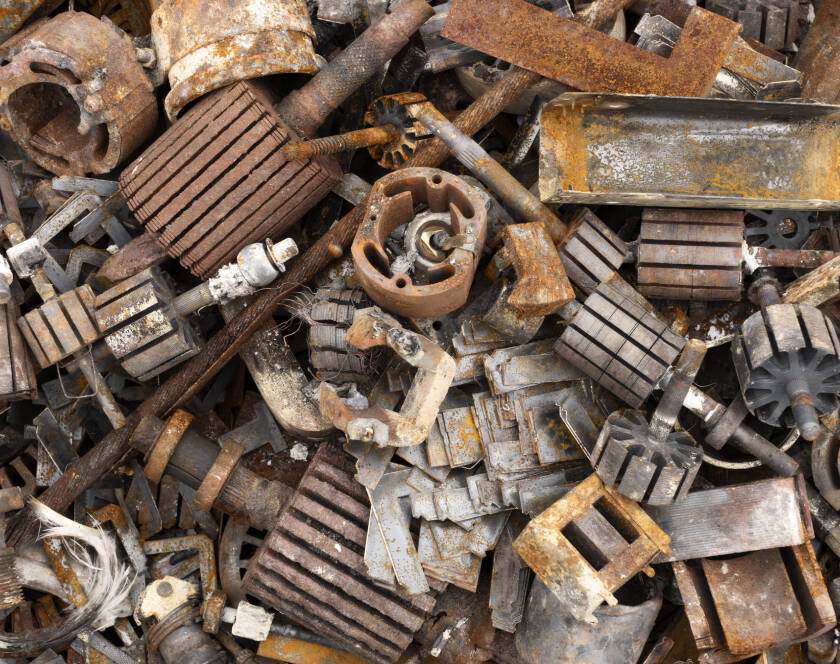Synopsis –
Metal recycling in India is experiencing significant growth, driven by the dual forces of environmental concern and economic opportunity. This blog explores how the industry transforms metal waste into valuable resources, reducing the environmental impact of raw material extraction. Discover the technological advancements and policy frameworks that enhance metal recycling efficiency in India, and learn how these efforts are not just conserving resources but also energizing the economy.
Transforming Metal Waste into Sustainable Opportunities
India’s journey towards sustainable development has spotlighted the metal recycling industry , a sector critical for its environmental and economic implications. As the country progresses, the demand for metals rises, highlighting the importance of efficient recycling systems to meet industrial needs while minimizing environmental degradation.
The Importance of Metal Recycling Metal recycling is pivotal for sustainable growth in India. By recovering metals from scrap, the industry reduces the need for virgin ore extraction, which is often energy-intensive and environmentally damaging. Recycling metals conserves natural resources and reduces greenhouse gas emissions, aligning with global sustainability goals. Furthermore, metal recycling supports various industries, including automotive, construction, and electronics, by providing a steady supply of raw materials.
Technological Innovations in Metal Recycling Recent advancements in metal recycling technology have significantly boosted the sector’s efficiency and output quality. Sophisticated sorting technologies, including magnetic and eddy current separators, allow for better segregation of ferrous and non-ferrous metals, enhancing the purity of the recycled product. Moreover, innovations in smelting and refining processes have improved the energy efficiency of metal recycling, reducing the overall environmental footprint of the operations.
Economic Impact of Metal Recycling The metal recycling industry contributes substantially to India’s economy. It provides raw materials at a lower cost than virgin metals and creates employment opportunities across the recycling supply chain. The industry is estimated to save the country billions annually regarding reduced material costs and energy savings. For instance, recycling one tonne of steel conserves 1.5 tonnes of iron ore, 0.5 tonnes of coal, and 75% of the energy required to produce steel from raw materials.
Statistical Insight According to the Metal Recycling Association of India, the metal recycling industry is expected to grow by 10-12% annually, reflecting the increasing awareness and demand for recycled materials in manufacturing and other sectors.
Quote from a Famous Indian Reflecting on resource usage, Mahatma Gandhi famously stated, “There is enough on Earth for everybody’s need, but not for everyone’s greed.” This philosophy is especially relevant today as we seek to balance economic growth with environmental sustainability.
Challenges and Future Directions While the metal recycling industry in India has made considerable strides, it faces challenges such as inadequate collection systems, unorganized scrap gathering, and regulatory hurdles. Strengthening the recycling infrastructure and implementing comprehensive waste management policies are crucial for the industry’s growth.
Endeavor Recyclers’ Commitment to Advancing Metal Recycling At Endeavor Recyclers, we are committed to leading the metal recycling industry forward. Our facilities have cutting-edge technology to ensure efficient and environmentally friendly recycling processes. By choosing Endeavor Recyclers, businesses contribute to a sustainable economy and support India’s transition to a greener future.
This blog sheds light on the significant role metal recycling plays in India’s sustainable development, offering a detailed examination of its economic, environmental, and technological aspects. It aims to inform and inspire stakeholders about the benefits and future potential of metal recycling in enhancing resource efficiency and supporting economic growth.


